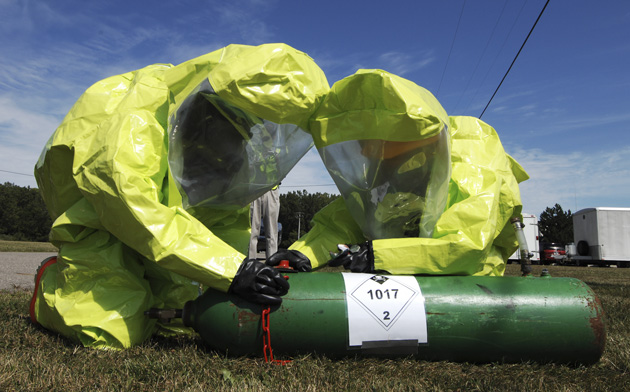Signed: 1993
Ratified: 1997
Senate Ratification Vote: 74-26

The Chemical Weapons Convention (CWC) was signed by President George H. W. Bush and prohibits the possession, use, or production of chemical weapons. Unlike the preceding 1972 Biological Weapons Convention (BWC), which lacked an enforcement mechanism, the CWC included a specific protocol for the declaration and destruction of all existing stockpiles. The CWC also has an international monitoring and enforcement body, the Organization for the Prohibition of Chemical Weapons, which does essential on-site inspections. Inspections can be done at the request of a “challenge” by another treaty member, further building on past lessons of the need to develop weapons of mass destruction treaties with rigid verifications procedures. To date, 188 nations are signatories to this treaty.
